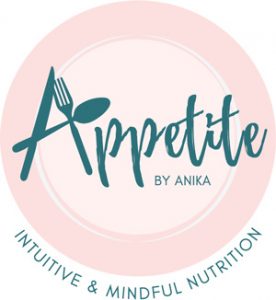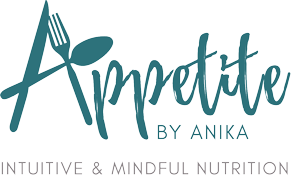As March is Endometriosis Awareness Month, I wanted to dedicate this blog post to debunking some of the common myths. The aim Endometriosis Awareness Month is to spread awareness about this underrepresented and misunderstood women’s health issue among our community. Head over to Endometriosis Australia and QENDO to learn more.
In brief, endometriosis is a chronic inflammatory disease where tissue that normally lines the inside of the uterus grows in other parts of the body. It causes chronic pelvic pain, bloating, and fatigue which can affect quality of life, relationships, sex, intimacy and fertility. It affects 1 in 9 Australians.
Myth 1: severe period pain is normal
This is probably the most common one I have heard and believed for a long time. A lot of girls and women from teen years to their 30s have been repeatedly told that it’s normal to get a lot of pain on your period. And this is why, many women hold back from seeking support when they get painful periods.
Jean Hailes for Women’s Health advises that period pain should only be considered ‘normal’
- the pain is there only on the first one or two days of your period
- the pain goes away if you take period pain medications or use the contraceptive pill
- your ability to do your normal activities is not impaired.
If the pain you have is different to what’s described above, this is not normal. Please see a doctor for advice.
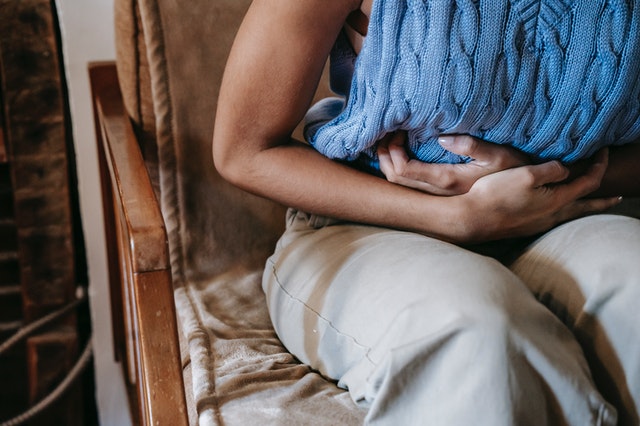
Myth 2: pregnancy will cure endometriosis
This is not true. Unfortunately, there is no cure for endo. Pregnancy may help with easing or suppressing symptoms, but this is temporary. Some women find that their symptoms lessen after going through pregnancy (due to the change in hormones) while other women experience the same or worsened symptoms.
Myth 3: you cannot fall pregnant if you have endometriosis
This is not true. Just because you have endometriosis, it does not mean that you are infertile. However, those with endometriosis may have difficulty falling pregnant and require support in their fertility journey. It is estimated that 30-40% of women with endometriosis are subfertile which means that they are perfectly capable of conceiving (yet less fertile than normal).
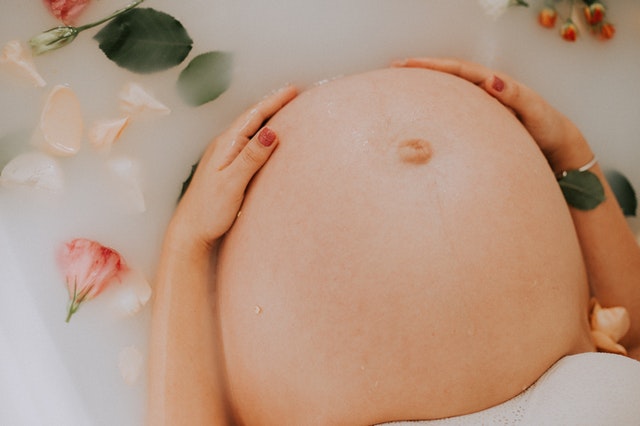
Myth 4: you should be avoiding soy products
Soy products often gets a bad rep because a lot of people tend to believe that phytoestrogens (plant estrogens) increase inflammation. Phytoestrogens as essentially a weaker version of estrogen and it can bind to the same receptors. Unfortunately, estrogen plays a role in increasing inflammation and this is why women tend to avoid soy products. They are naturally occurring in plant foods such as tofu, tempeh, soy milk, soy mince etc.
Research suggests that phytoestrogens are anti-inflammatory. An American study in 2017 found no differences in urine phytoestrogen concentrations in women that with and without endometriosis. Soy foods was not identified as a risk factor for developing endometriosis. This means that soy foods are are safe to include in moderate amounts as they serve as a good source of protein (particularly for vegetarians).
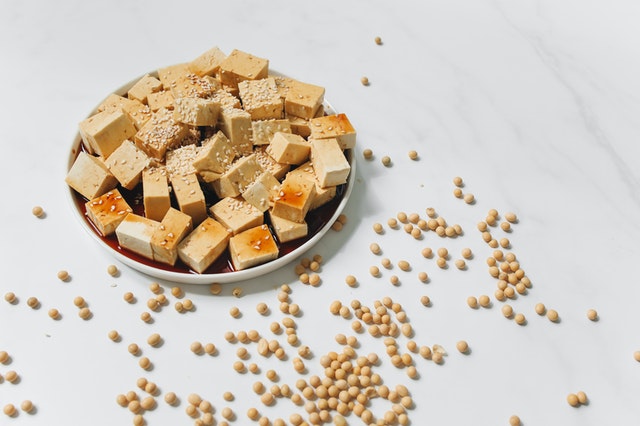
Myth 5: you should cut out dairy if you have endometriosis
This is not true. A lot of people are quick to cut out dairy as they think it causes bloating and inflammation. However, research shows that dairy products like milk and yoghurt are anti-inflammatory. This means that dairy foods are beneficial to include if you can tolerate dairy foods. Even if you are lactose intolerant, you would be able to tolerate smaller amounts of dairy.
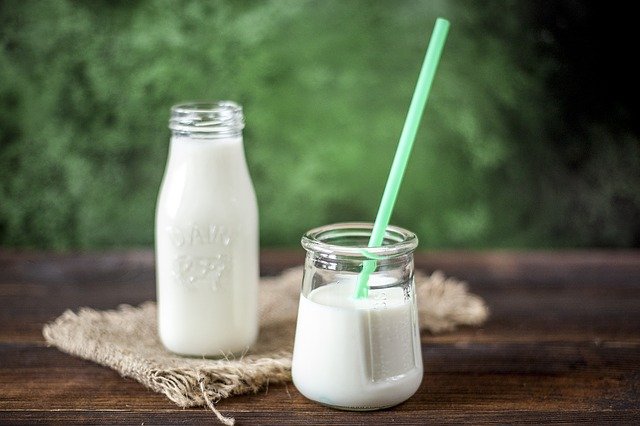
Myth 6: you should stop eating gluten and start following a low FODMAP diet
This is not the case for most people. You should ONLY be following a low FODMAP diet if you have been diagnosed with IBS (or suspected). However, some research has shown that there may be some benefits for following a gluten-free diet. Participants who took part in these studies have reported improved physical and mental health outcomes and pain reduction by about 50%. A small percentage of women who have endometriosis also have IBS. The link between the two is unclear but a low FODMAP diet appears to be effective in improving gut symptoms and endometriosis.
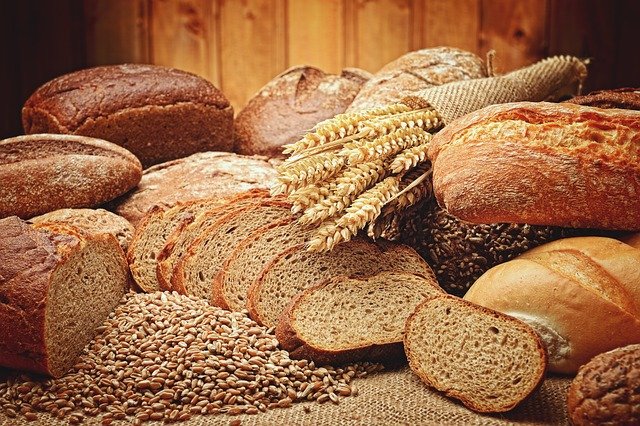
Myth 7: changing your diet won’t help you manage endometriosis
This is not true. Diet and lifestyle plays a huge role and can help with managing inflammation. As endometriosis is an inflammatory disease, reducing inflammation can improve symptoms. Foods that have found to be helpful are fruit and veggies, healthy fats and fibre. Nutrition can play a key role in managing the severity of symptoms in endometriosis, as well as optimising fertility in those who are struggling to conceive.
